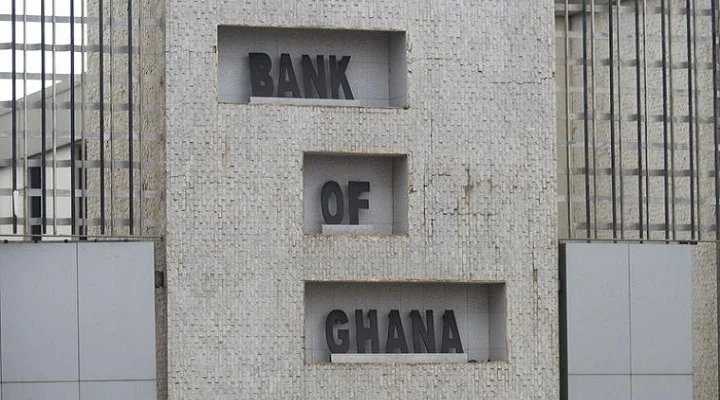The Bank of Ghana has issued a directive to all banks operating within its jurisdiction, mandating a comprehensive review of their pricing structures. This directive stems from concerns regarding unethical and commercially unjustifiable charges levied on customers, particularly the practice of applying interest charges to inactive credit accounts. Instances have been reported where the accumulated interest on these dormant accounts has surpassed the original principal, a practice deemed unacceptable by the central bank. This directive, effective immediately, underscores the Bank of Ghana’s commitment to fostering fair and transparent banking practices, protecting consumer rights, and maintaining the integrity of the financial system. It aims to address practices that could erode public trust and create financial hardship for customers.
The directive, communicated by Dr. Johnson Asiamah, Governor of the Bank of Ghana, during a meeting with the Chief Executive Officers of various banks, highlights the central bank’s proactive approach to regulating the banking sector. This direct engagement with bank leadership demonstrates the seriousness with which the Bank of Ghana views these pricing issues. The Governor emphasized the need for banks to adopt ethical pricing models that accurately reflect the cost of services provided, ensuring that customers are not subjected to undue financial burdens. This move seeks to promote a level playing field within the banking industry and prevent exploitative practices that could disadvantage consumers.
A key concern raised by the Governor is the growing trend of applying Optional Issuer Fees (OIFs) on cross-currency card transactions. While acknowledging that these fees can sometimes represent genuine costs associated with processing international transactions, the Bank of Ghana recognizes the lack of transparency in their application. Customers often face opaque pricing structures and limited disclosure regarding these fees, which creates confusion and fosters mistrust in the payment system. This lack of transparency can also make it difficult for consumers to make informed decisions about their financial transactions and compare the costs associated with different card providers.
To address this issue of opaque pricing and protect consumer interests, the Bank of Ghana has announced a cap on Optional Issuer Fees for cross-currency card transactions at 2%. This cap aims to prevent excessive charges and provide consumers with greater predictability when using their cards for international transactions. This measure will also promote competition among banks, encouraging them to offer more competitive and transparent pricing structures. By limiting the OIFs, the central bank is striving to strike a balance between allowing banks to recover legitimate costs while preventing excessive charges that could burden customers.
In addition to capping the OIFs, the Bank of Ghana will also mandate full disclosure of all applicable fees to customers before a transaction is finalized. This proactive disclosure requirement aims to empower consumers with the necessary information to make informed decisions about their transactions. By ensuring transparency in the application of these fees, the central bank promotes greater trust and confidence in the payment system. Customers will be fully aware of the costs involved before authorizing a transaction, eliminating the potential for unexpected charges and disputes.
The combination of capping OIFs and mandating their pre-transaction disclosure reflects the Bank of Ghana’s commitment to promoting fair and transparent banking practices. By taking these decisive actions, the central bank aims to protect consumers from undue financial burdens, foster greater trust in the financial system, and promote healthy competition within the banking sector. The directive signifies a proactive approach to regulation, ensuring that banks operate ethically and responsibly while safeguarding the interests of their customers. This move strengthens consumer protection within the Ghanaian banking system and underscores the central bank’s role in maintaining financial stability and fostering public confidence. The Bank of Ghana believes these measures will contribute to a more robust and transparent financial environment that benefits both consumers and the banking industry as a whole.


